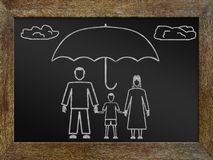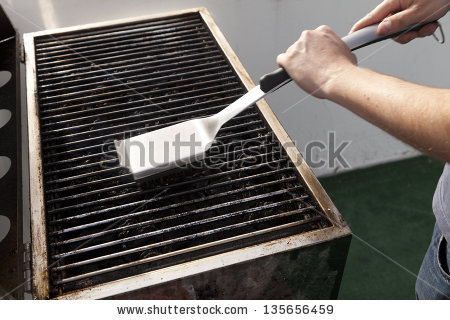Life Insurance Awareness Month: Policy Beneficiary
No one likes to think about dying, but when it comes to life insurance, you need to figure out who will get your money when it is your time. It is important to know what a beneficiary is and how your life insurance policy works after you are gone.
September is life insurance awareness month and C.H. Edwards, Inc. is here to help you understand the basics of life insurance.
What is a Beneficiary? Beneficiary is a term in a life insurance policy contract that recognizes who receives the benefits after a person’s death. The primary beneficiary is the first person who receives the benefits after you have passed. If your primary beneficiary is deceased, your contingent beneficiary would then receive your benefits. A contingent beneficiary is also known as your secondary beneficiary.
How to choose your beneficiary? Choosing the right beneficiary is important, but can also be challenging. Consider who you want to help after you are gone. This could be a spouse, child, niece, nephew, etc.. In short terms, your beneficiary should be someone you can trust with your money after you are gone.
It is never too early or too late to purchase a life insurance policy. Nearly 40% of consumers in the United States do not have life insurance coverage. Don’t wait another day!
For more information on life insurance, please give us a call at 516-249-5200.





